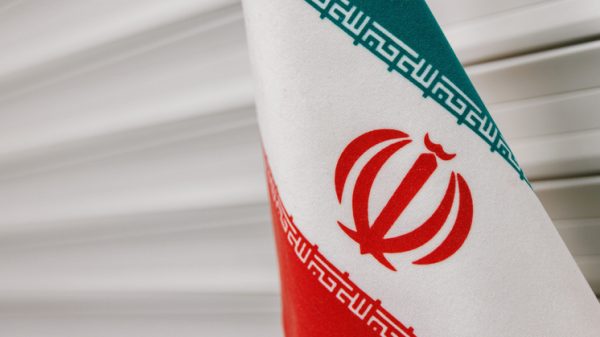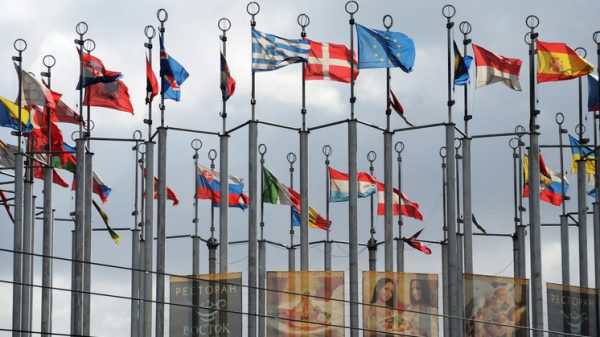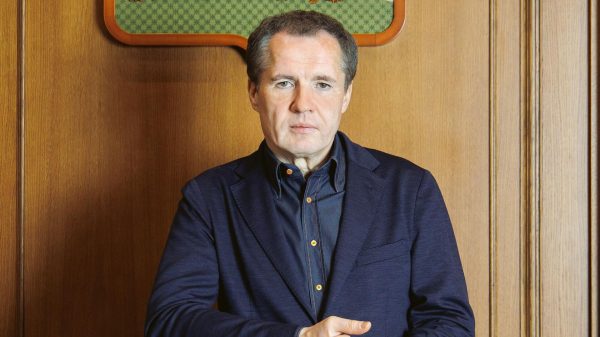It is the question being asked with increasing urgency around the world, at least in countries where the vaccine is already available: how much freedom to live life as it was before the pandemic should be granted to those who have been vaccinated against Covid-19?
Its impacts range from the speed at which economies can open to when grandparents and grandchildren can hug again, but it is causing growing unease among decision makers who warn there is a danger of dividing societies already under huge strain due to pandemic restraints.
Germany’s ethics council, an independent body that advises the government, has recommended that no special conditions be granted to the inoculated. It declared it was “currently unacceptable to lift state restrictions on civil liberties”, arguing not only was there a lack of evidence over whether vaccinated people could still spread the virus, but that introducing special privileges for them might encourage an “elbow mentality” which could lead to unrest. If there was to be a priority, it should go to the vaccinated residents of care homes in recognition of the extraordinary burdens they face.
But private enterprises including restaurants and cinemas could not be prevented from applying their own rules, the council conceded, and last week the German ticket company Eventim said it had already revamped its online booking service to allow for customers to upload proof that they had been vaccinated in anticipation that organisers of events from concerts to sports tournaments will in future require it as a condition of entry.
Israel opens coronavirus vaccines to all over-16s
Read more
State-backed schemes are moving ahead more quickly in Scandinavia, where Denmark has announced plans to introduce a digital vaccine passport and Sweden said it would have a digital vaccine passport by summer if international standards are in place. Its digitalisation minister, Anders Ygeman, said such documentation would have to become the norm if the world was going to get going again.
“When Sweden and countries around us start to open up our societies again, vaccination certificates are likely to be required for travel and possibly for taking part in other activities,” he told journalists.
Israeli officials have hinted at the prospect of a “green passport” to allow vaccinated people to eat in restaurants, go to the theatre and cinema, travel freely and be exempted from quarantine when travelling internationally.
The passport, which would be given to those with two Pfizer shots, has been sold as a way to encourage people to be immunised, but is also viewed as a jump start effort for the economy. However, as there is uncertainty around whether vaccines reduce transmission, the idea has been met with scepticism.
Fear over the more transmissible virus variants have delayed a decision and legal issues are causing authorities a headache. A proposal to only allow vaccinated teachers to restart work has face pushback from those who argue it is an illegally coercive measure.

























































Свежие комментарии